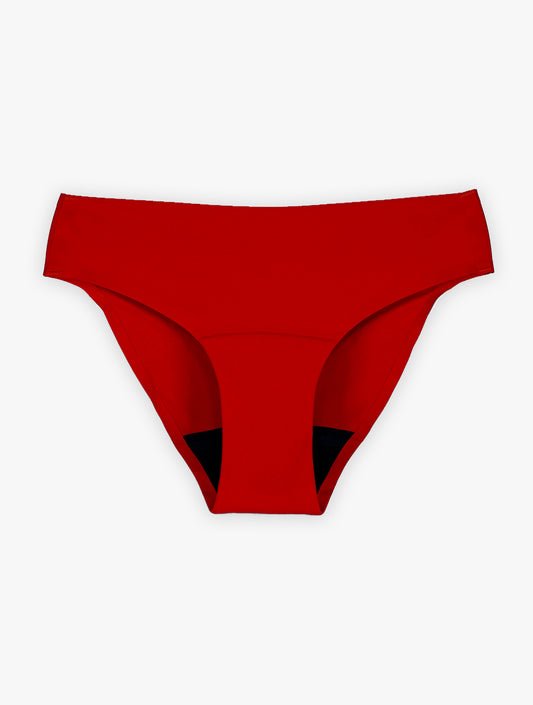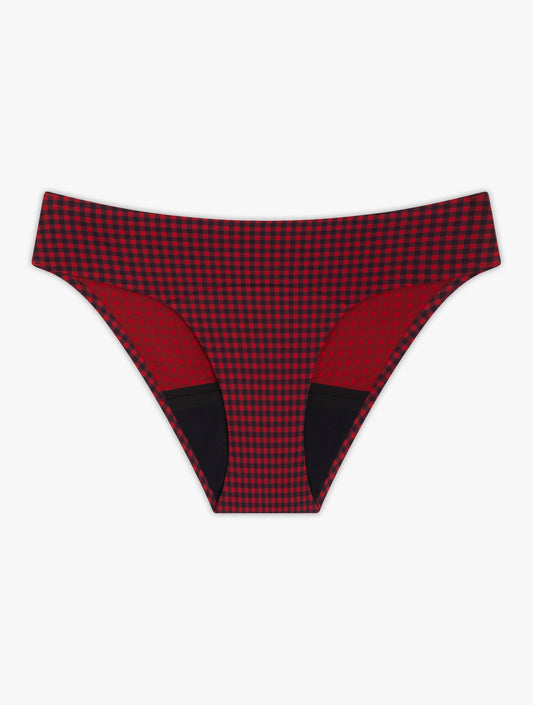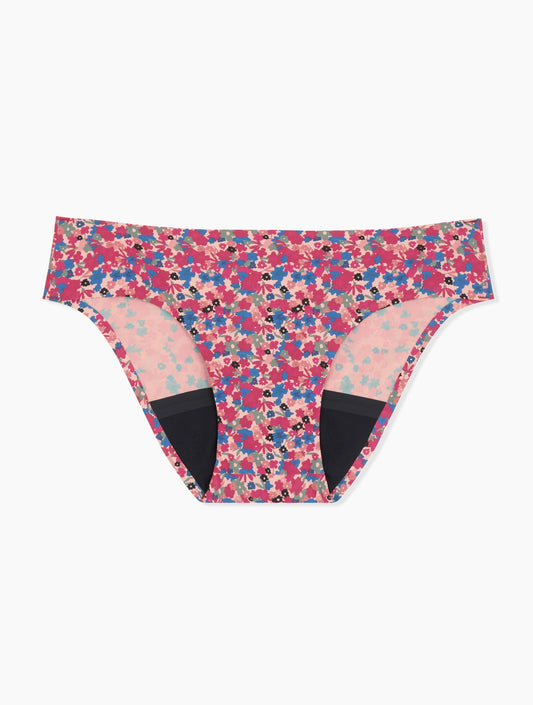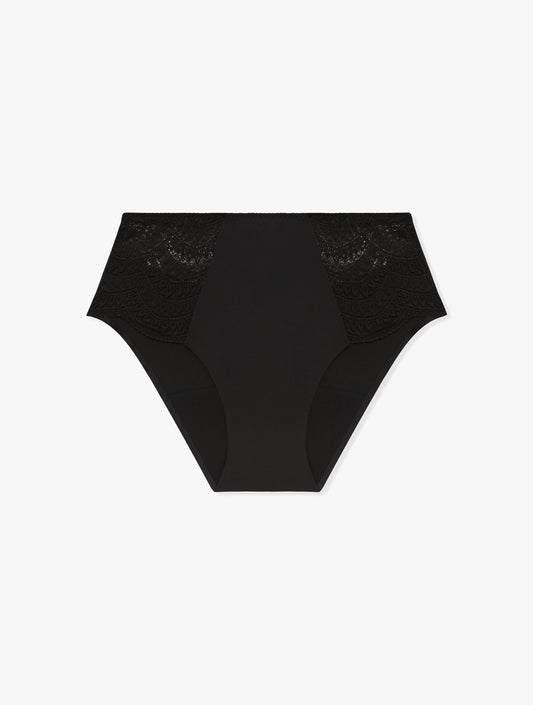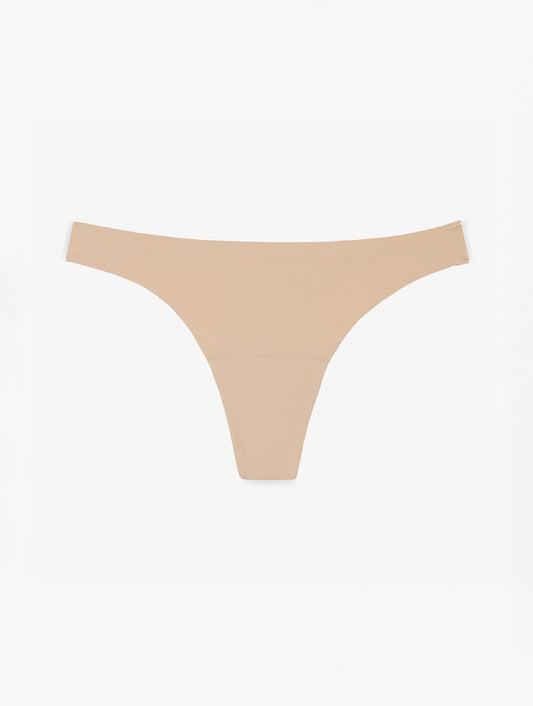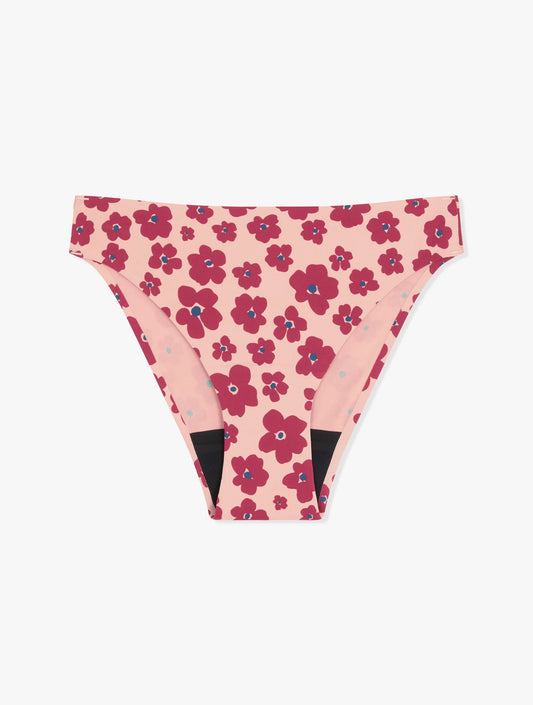Bears, moons, ragagnas… Where do these expressions on the rules come from?
Embarrassment or modesty, naming the rules has always been a complicated exercise. This has earned our menstrual cycle the sweet names of bears, ragagnas, moons, poppies or tomatoes, to name a few. Anything but pronounce THE word. The term used instead sometimes has a negative connotation, which in addition to being tense could give us a poor view of ourselves. Well there are also funny expressions, let's not be prudish. But by the way, where do they come from and what do they mean? Small non-exhaustive glossary of expressions designating menstruation, in France or elsewhere.



Hébé period panties for teens
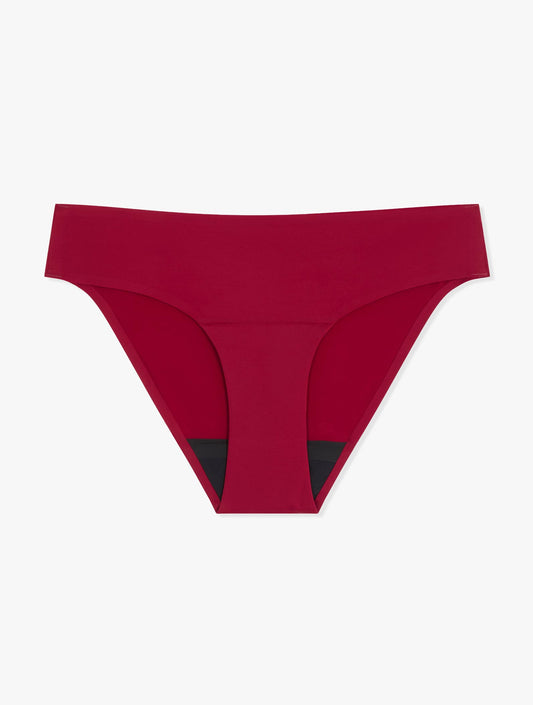



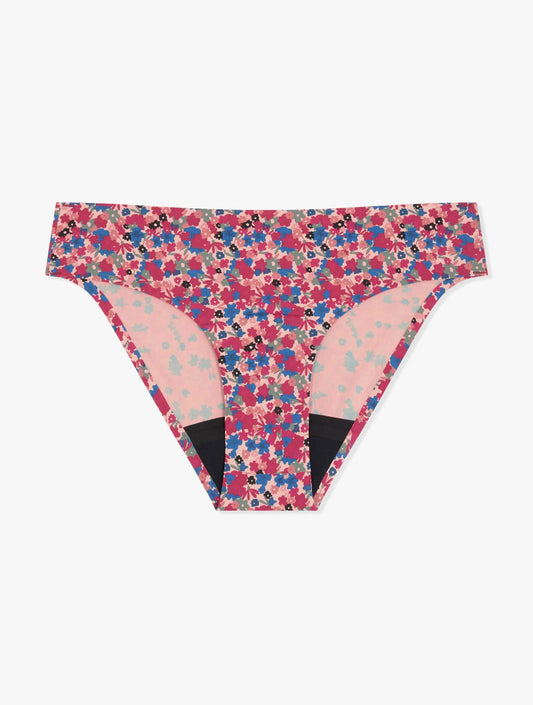

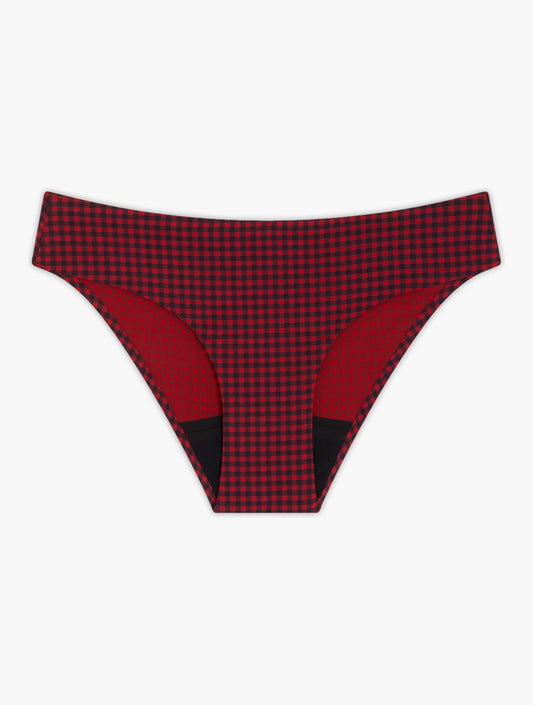
To have its moons
Let's start with a bit of etymology (and poetry). In European Indo, then in ancient Greek, mênê designates the moon. From there, the lunar cycles gave rise to the Latin word "mensis", which means "month". The term menstruation therefore comes to us from the moon, our beautiful satellite that the American Indians saw as a woman, and described her as unwell when she was in a waning phase! Today, having your moons means having your period, not necessarily that you are in a bad mood.
Have your ragagnas
Less cosmic and above all less sympathetic, the expression ragnagnas would be an onomatopoeia evoking the groans and recriminations of a woman when she has her period. So necessarily in a bad mood (without comments). It's rather recent and especially ugly to say, so even if it means making an assonance - you'll look for the definition if you're curious - I prefer to have my tagadas (expression of a friend of mine).
Crush your tomatoes (or have your ketchup week)
No real need to draw here. It's all in the color. It's up to you to decide if you're more fruit or flower - because you can also have your poppies, or even your cranberry week, when you're Danish. And if you really want to show it (the color), proudly raise the red flag. At least in the Benelux, that's what they do.
Have your bears
Another way of saying that we are in a terrible mood during our menstrual cycle. Finally, if we rely on the first theory. This one dates from the beginning of the 20th century and claims, since a gruff man with a bad mouth was called a bear, that this bear was us, when we have our period. Sigh… The second theory would come from “having its days”, the famous ones where showing off in society was more delicate ( menstrual panties did not yet exist, it was much less practical). A somewhat old expression which over time would have become "have one's bears", which was pronounced without the "s" until the end of the 19th century and would have led to confusion. Between the two explanations, it is up to you to choose the one you prefer.
The English have landed
This is an expression that finds its origin in Waterloo, and the famous defeat suffered in 1815 by his men against the English. These wore superb red tunics when they landed on the battlefield. Impressive ! Gustave Flaubert was perhaps the first to baptize the female menstrual cycle "the English", relieved as he was when they landed at the home of his mistress Louise Colet, whom he was terribly afraid of getting pregnant.
Have the melon splitting
The Japanese are not lacking in creativity and practice metaphor with grace. They prove it once again with this very colorful and fresh expression.
And all those phrases about periods that I didn't tell you about
This little glossary is of course incomplete as the imagination is rich when it comes to drowning the fish. No pun intended, we promise. Think of the delicious “Liverpool plays at home” among football fans, or “be careful when stopping” among road safety advocates. It's up to you to add to the list if you're inspired!
By Elise

